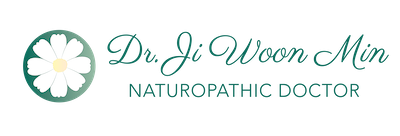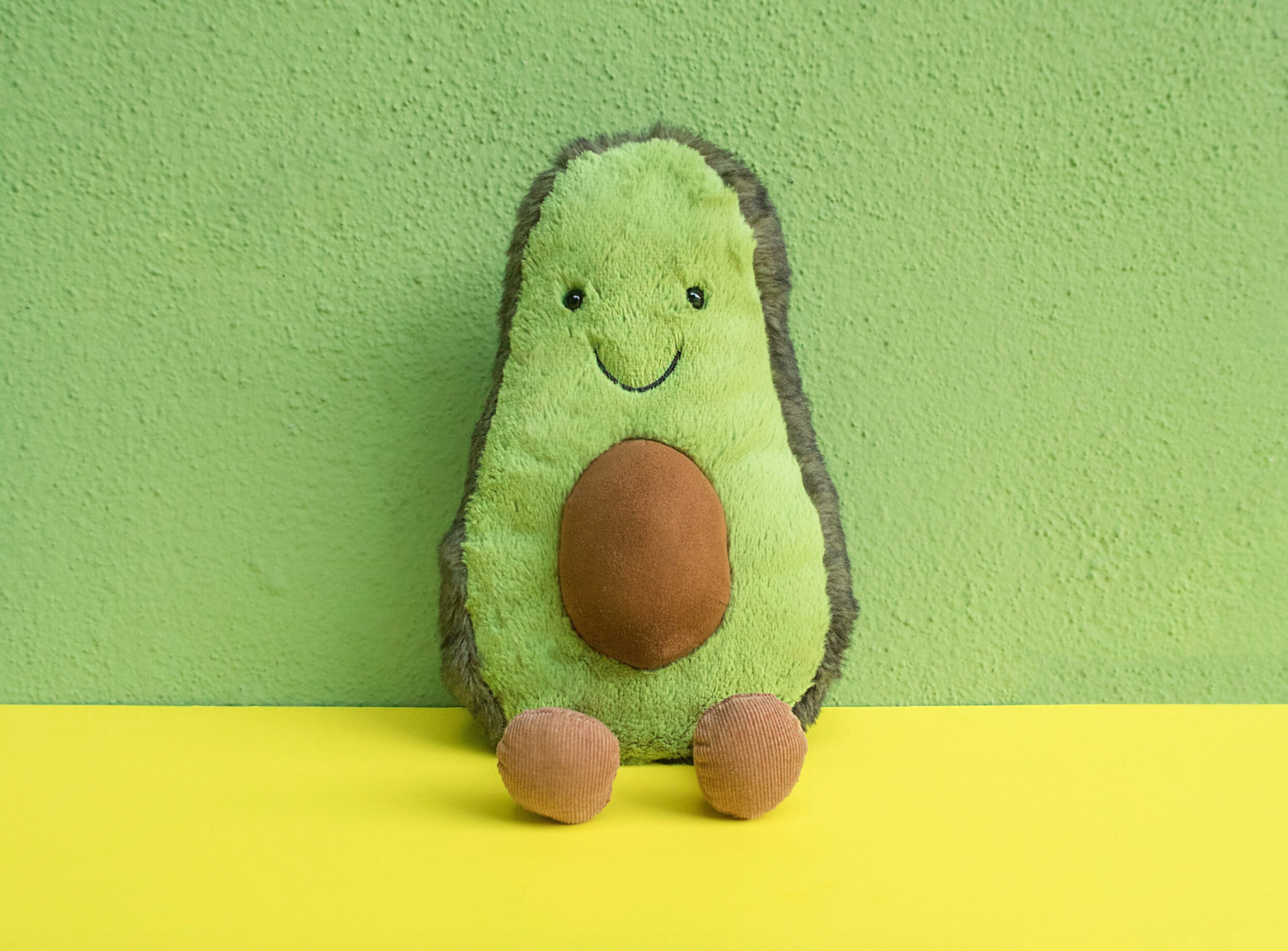Glutathione Benefits
Glutathione [gloo-tuh-thahy-ohn] is the king of antioxidants that carries out important functions inside our body.
- It neutralizes free radicals,
- supports immune system,
- regenerates important antioxidants like vitamin C & E,
- protects the body from heavy metal toxicity (e.g. mercury, cadmium),
- supports detoxification of toxins and chemicals,
- controls inflammation and
- prevents cancer.
Healthy levels of glutathione means healthy immune system function, healthy detoxification, and healthy lung function. In fact, glutathione deficiency is considered the most plausible explanation for serious manifestation and death in COVID-19 patients [3].
What Causes Glutathione Deficiency
Glutathione deficiency has been strongly associated with the diseases and loss of function with aging [2]. This appears to be the primary reason behind the higher rates of serious illness and death from coronavirus SARS-CoV-2 (COVID-19) infection among older people.
Glutathione levels are often depleted after influenza, prolonged coughs, and lung infections. Not only that but glutathione (GSH) depletion is also associated with increased susceptibility to infections [1].
Air pollution, heavy metals, and sleep deprivation also lowers glutathione levels. Perhaps one of the reasons why I see so many kids and adults needing glutathione in Hong Kong.
Furthermore, regular alcohol consumption and medications like acetaminophen (paracetamol), doxorubicin (chemotherapy), chloroquine (anti-malaria) and antidepressants are also known to deplete glutathione levels [4].
Signs & Symptoms of Glutathione Deficiency
Glutathione deficiency can show up in many subtle ways.
- Frequent lung infections, persistent coughs
- Asthma
- Chronic sinusitis
- Chronic fatigue, brain fog
- Migraine
- Chemical and environmental sensitivities
- Premature greying of hair in kids and young adults
- Diabetes, hypertension, obesity
- Alzheimer’s, Parkinson’s, Huntington’s, ALS
I’ve seen kids and adults’ immune system improve by restoring their glutathione levels, meaning they stopped coughing, got sick less and recovered more rapidly.
With glutathione repletion, individuals become more resilient to chemical and environmental sensitivities like fragrance and mold. They were able to take Uber and enter moldy buildings without being knocked over for hours.
Chronic migraine and sinusitis often improve greatly when glutathione deficiency is addressed among other things.
How To Increase Glutathione Levels
There are many ways to increase glutathione levels.
The first is to decrease the need for glutathione by decreasing toxic load. The most obvious is limiting alcohol consumption and reducing mold exposure [2]. Improving sleep and eating more organic foods rich in sulphur, vitamin C, E and selenium are good for maintaining good levels of glutathione.
- Sulphur rich foods: onion, garlic, broccoli, cauliflower, kale, Brussel’s sprout, beef, fish, poultry…
- Vitamin C rich foods: strawberries, kiwi, lemon, orange, papaya, sweet pepper, kale, broccoli…
- Vitamin E rich foods: nuts and seeds, salmon, avocado, olives, spinach, collard green…
- Selenium rich foods: brazil nut, fish, beef, pork, chicken, sunflower seeds, brown rice…
But for those with depleted levels of glutathione, I found supplementing with antioxidants like vitamin C, E, selenium, NAC, alpha lipoic acid or glutathione to be more effective at restoring healthy function.
It’s ideal to replete glutathione after respiratory infections (cough, bronchitis, pneumonia, COVID-19) to restore lung function and prevent subsequent lung infections.
In regards to glutathione supplementation, liposomal glutathione is the best oral form since it prevents it from getting destroyed by your stomach and assists better absorption [5].
Side Effects of Glutathione Supplementation
One of the biggest downside is the awful smell and taste (thanks to the sulphur compound), which is why I recommend to add this to the elderberry syrup or juice or take it as a capsule form.
Although glutathione supplement is generally well-tolerated, individuals who are sensitive to sulfur or sulfites may experience allergic reaction such as hives, itchiness, asthma, headaches, nausea, fatigue, flushing, and brain fog.
I like to give liposomal glutathione with other co-factors to support glutathione recycling and to reduce side effects.
Always start low and gradually increase to recommended dosage and frequency. At any point, you experience any symptoms mentioned above, discontinue use.
To discuss if glutathione supplementation is right for you, book an appointment with me or consult a naturopathic doctor near you.
Best in health,
Dr. Ji Woon Min, Naturopathic Doctor
References
[1] Ghezzi P. Role of glutathione in immunity and inflammation in the lung. International Journal of General Medicine. 2011; 4: 105–113.
[2] Pizzorno J. Glutathione! Integrative Medicine. 2014; 13(1): 8–12.
[3] Polonikov A. Endogenous Deficiency of glutathione as the most likely cause of serious manifestations and death in COVID-19 patients. American Chemical Society Infectious Disease. 2020: acsinfecdis.0c00288.
[4] Silvagno F, Vernone A, Pescarmona GP. The role of glutathione in protecting against the severe inflammatory response triggered by COVID-19. Antioxidants. 2020; 9(7): 624.
[5] Sinha R et al. Oral supplementation with liposomal glutathione elevates body stores of glutathione and markers of immune function. European Journal of Clinical Nutrition. 2018; 72(1): 105-111.

